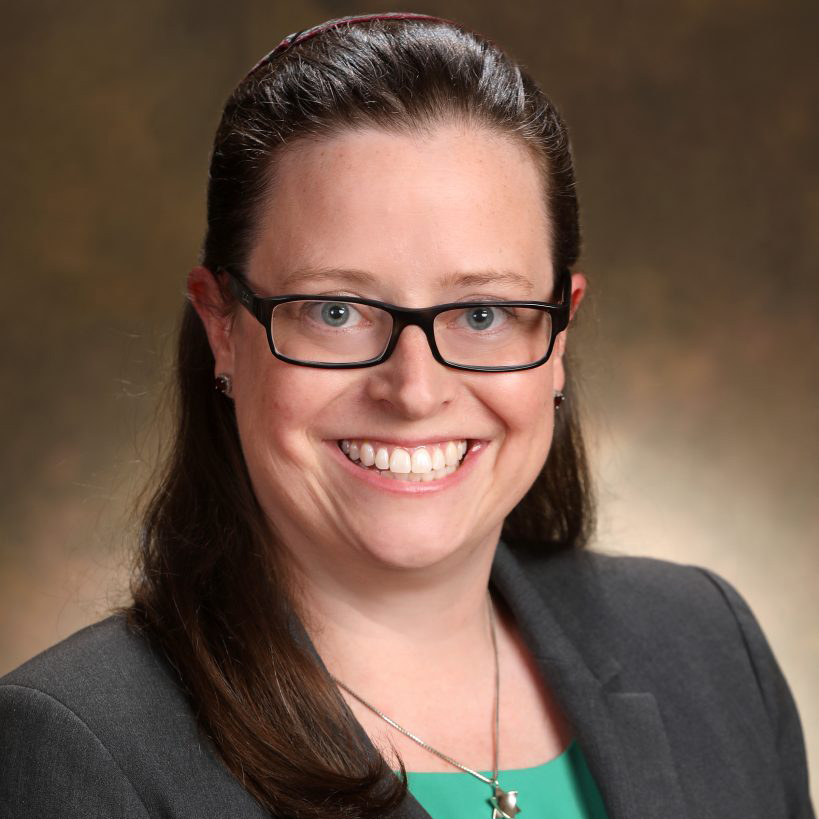Rabbi Ben Bag Bag said of the Torah, “Turn it and turn it, for everything is in it” (Pirke Avot 5:24). When I hear this teaching, I picture Rabbi Ben Bag Bag gently turning a Torah scroll over and over in his arms, peering into the rolls of the parchment, as objects continuously fall out of the Torah like an ancient version of Mary Poppins’ carpet bag. This teaching captures the Torah’s singular ability to have wisdom to share for every situation across time and space. The power of our sacred text is that, despite its ancient setting, the Torah speaks to the challenges of every generation.
I often cite this text around the upcoming festival of Simchat Torah when we finish, and begin again, the liturgical reading of the Torah. After all, what other text do we read again and again, confident that we will learn something new each time? While the text does not change, we change with each reading. Each year, we read the text through the lens of our own experiences, our own emotions and our own challenges. And each year, the Torah’s words spark new insights, raise new questions and challenge old assumptions.
This message of the Torah’s enduring relevance is at the core of all of our learning at Temple Beth El. The ultimate goal of Jewish education is not for students to know about Judaism, but for students to live Judaism. Judaism is not another subject area to master, but a way of thinking, relating and acting in the world. Jewish learning should not remain inside the classroom walls (or the edges of the computer screen), but can help to anchor self-identity, build relationships and inform decision making on a daily basis.
The coronavirus pandemic is affecting the lives of every member of our community. Families are juggling many layers of responsibility and are learning to work and learn in new ways. In this reality, it is understandable that many are struggling to find time for Jewish communal activities or are consciously choosing to disconnect from technology whenever possible. And yet, ongoing participation in our Jewish community has the potential to be the very thing that can help us through this difficult time. Over millennia our Jewish tradition has developed tools that can help us cope with the impact of the pandemic on our social and emotional needs: Jewish values that inform our behavior and our treatment of other people; prayers and rituals that connect us to God and give voice to our feelings; and a sense of belonging that reminds us that we are not alone.
The pandemic has challenged us to find new ways to share Judaism with our children. But this challenge is also an opportunity to reexamine our priorities and shift our focus. Judaism is not a list of facts to be learned, but a body of wisdom to live by. By sharing this wisdom with our children, we invite them to join us in the lifelong work of building a sacred community. This year, as we “turn it, and turn it” may we each find new teachings that speak to our lives, “for everything is in it.”




